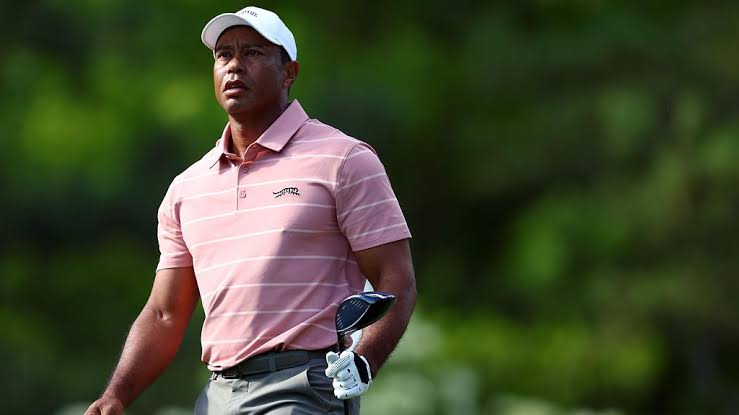Tiger Woods, one of the most iconic figures in the world of golf, has made the surprising decision to decline the opportunity to captain the U.S. Ryder Cup team. This news has sent ripples through the golfing community and sparked widespread speculation about the reasons behind his decision.
The Ryder Cup, a prestigious biennial golf competition between teams from Europe and the United States, is a highly coveted event in the golfing calendar. Being named captain of the U.S. team is a significant honor, often bestowed upon players who have made substantial contributions to the sport and possess the leadership qualities necessary to guide their team to victory. Given Woods’ illustrious career and his immense impact on the game, many had anticipated that he would eventually take on this esteemed role.

However, Woods has chosen to prioritize his health and his competitive playing career over the captaincy. This decision comes after a series of physical setbacks that have plagued him in recent years. Woods has undergone multiple surgeries, including a spinal fusion procedure in 2017 and more recently, surgeries following a severe car accident in 2021 that left him with significant injuries to his leg. These health challenges have not only impacted his ability to compete at the highest level but have also required extensive periods of rehabilitation and recovery.
In a statement explaining his decision, Woods emphasized the importance of focusing on his health. “The opportunity to captain the U.S. Ryder Cup team is a tremendous honor, but my priority right now is my health and getting back to a level where I can compete again,” Woods said. “The captaincy requires a significant time commitment, and I need to ensure that I am doing everything possible to recover and return to playing competitive golf.”
Woods’ decision to turn down the captaincy underscores the reality of his current situation. While he remains one of the most recognized and influential figures in golf, his physical condition has necessitated a more cautious approach to his career. The demands of the Ryder Cup captaincy, which include extensive travel, team management, and strategic planning, would likely have been too taxing given his current health challenges.
Despite declining the captaincy, Woods has expressed his continued commitment to supporting the U.S. team in other ways. He has a wealth of experience and knowledge to offer, and his presence, even in a non-playing or non-captaincy role, is invaluable to the team. “I will always support the U.S. team and contribute in any way I can. There are many ways to be involved and make a difference, and I look forward to finding those opportunities,” Woods stated.
The golfing community has shown an outpouring of support for Woods’ decision. Fellow players, fans, and analysts recognize the importance of his health and well-being, and many have praised him for prioritizing his recovery. PGA Tour Commissioner Jay Monahan also expressed his support, noting, “Tiger’s health and competitive drive are paramount. We fully support his decision and look forward to seeing him back on the course when he is ready.”

While the news of Woods declining the Ryder Cup captaincy may be disappointing to some, it is a testament to his dedication to the sport and his determination to return to competitive form. His decision highlights the ongoing challenges he faces in his recovery and underscores the importance of making health a priority.
As Tiger Woods continues his journey back to competitive golf, the golfing world will undoubtedly rally behind him, eager to see him overcome these obstacles and return to the game he has so profoundly shaped. His legacy as a player and ambassador for the sport remains untarnished, and his contributions to golf, both on and off the course, will continue to inspire future generations.

